About Publications Library Archives
heritagepost.org

Preserving Revolutionary & Civil War History

Preserving Revolutionary & Civil War History

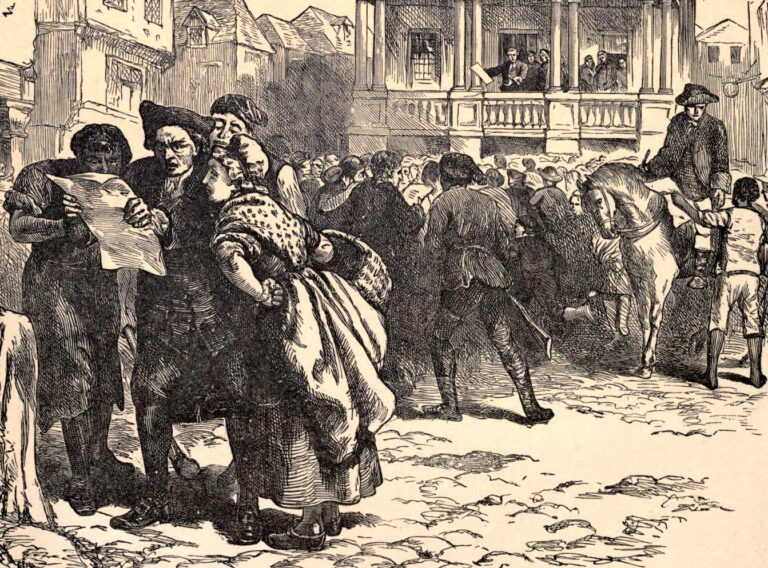
Date:1765 Annotation: Parliament approved the Quartering Act, requiring colonial governments to put up British soldiers in unoccupied buildings and provide them with candles, bedding, and beverages. When the New York Assembly resisted, the British governor suspended the assembly for six months.…
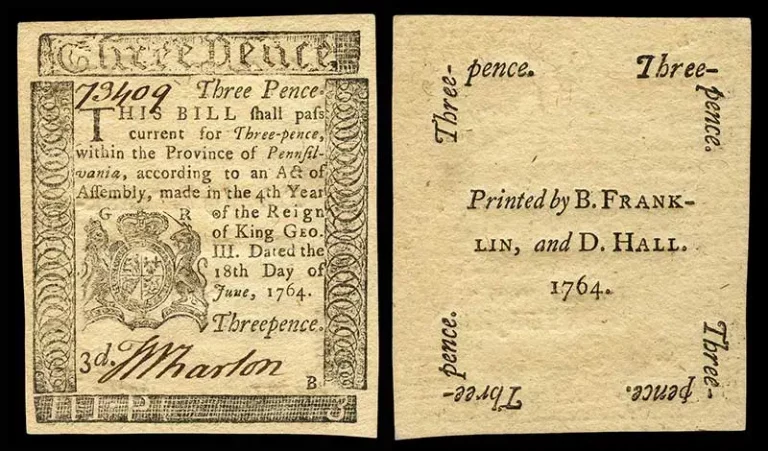
Date:1764 Annotation: The Currency Act prohibited colonial governments from issuing paper money and required all taxes and debts to British merchants to be paid in British currency. Document: WHEREAS great quantities of paper bills of credit have been created and issued in…
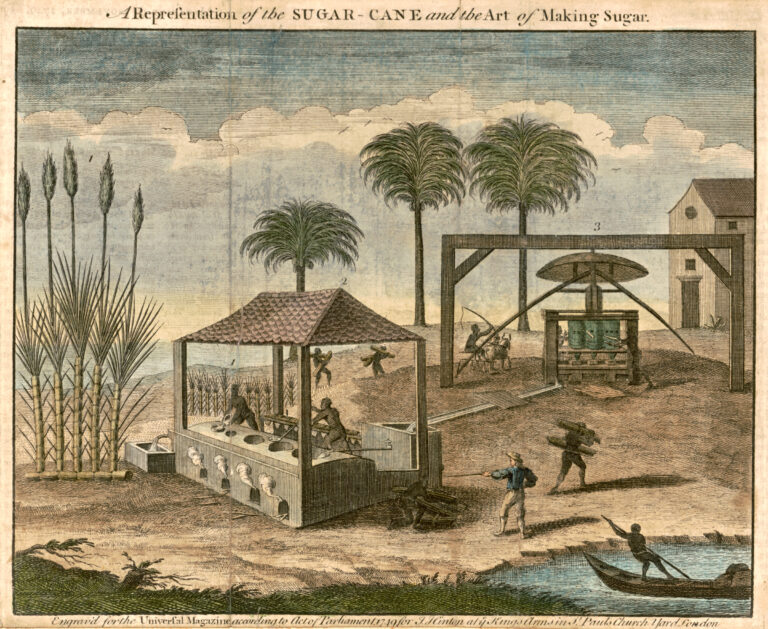
Date: 1764 Annotation: To maintain the army and repay war debts, Parliament decided to impose charges on colonial trade. It passed the Sugar Act, imposed duties on foreign wines, coffee, textiles, and indigo imported into the colonies, and expanded the…

Author: King George III Date:1763 Annotation: In 1773, Benjamin Franklin (1706-1790) published a brief history of the British government’s actions during the preceding decade. Its title: Rules by Which a Great Empire May be Reduced to a Small One. Beginning…
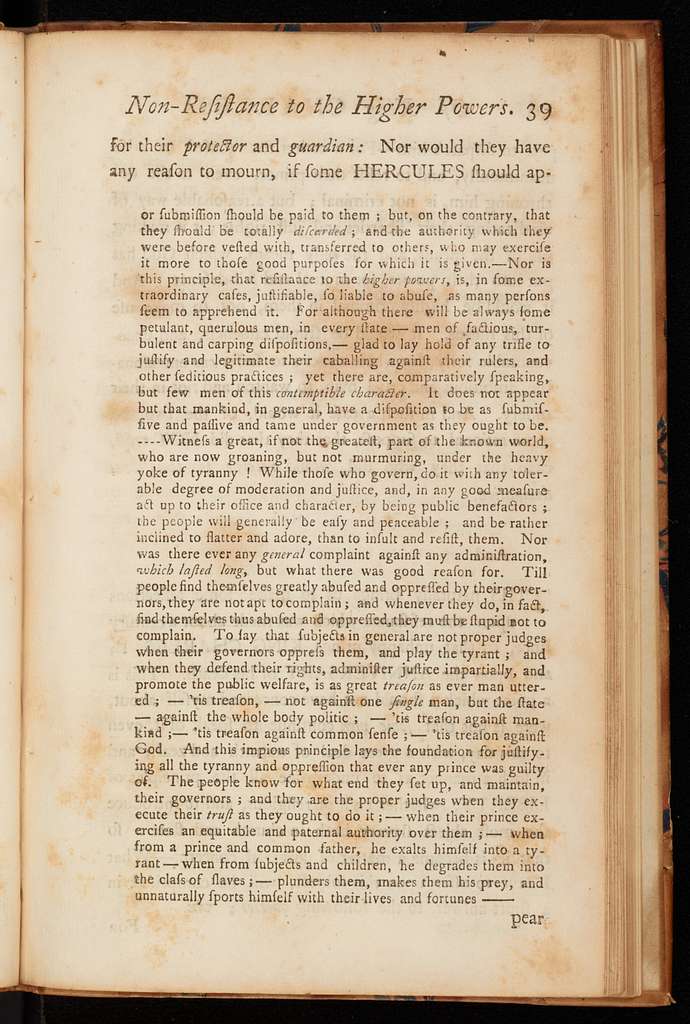
Document: Let us now trace the apostle’s reasoning in favor of submission to the higher powers, a little more particularly and exactly. For by this it will appear, on one hand, how good and conclusive it is, for submission to…
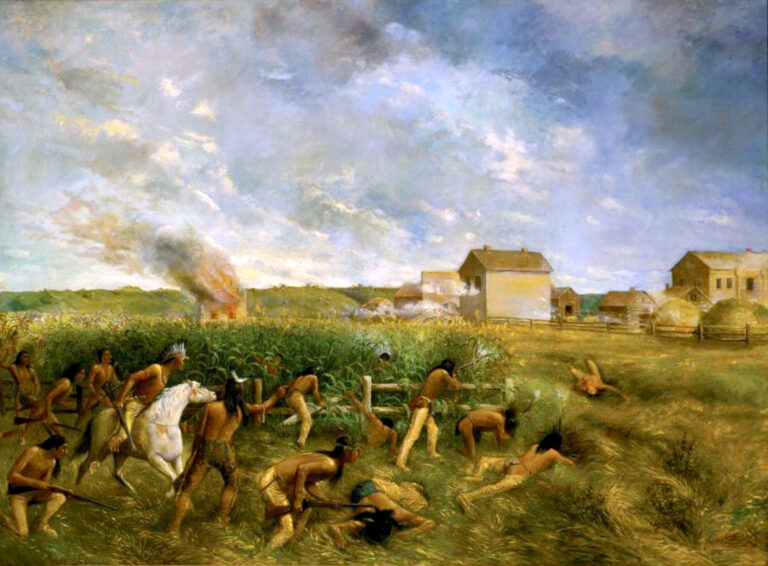
Author: Big Eagle Date:1894 Annotation: During the summer of 1862, Indian warfare broke out in southern Minnesota that left between 400 and 800 settlers and soldiers dead, and provoked military action against the Sioux in the Dakota Territory. In…
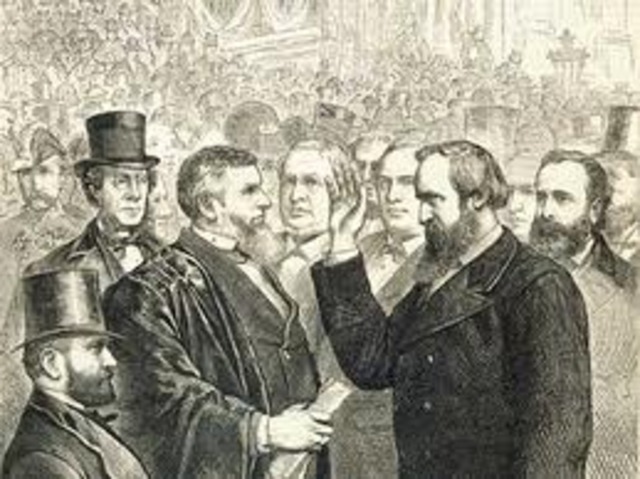
Author: Rufus Saxon Date:1866 Annotation: Major General Rufus Saxton commanded the area that included Georgia’s Sea Islands and later became the Freedmen’s Bureau’s assistant commissioner for Florida, Georgia, and South Carolina. This selection, from his testimony before Congress’s Joint…
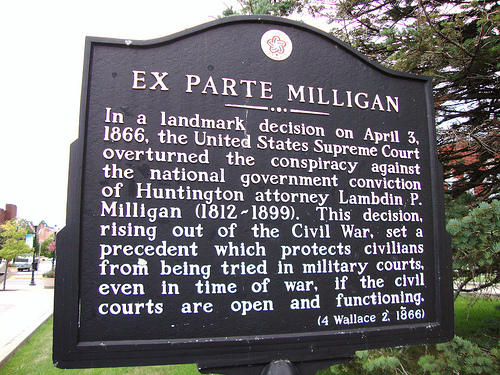
Date:1866 Annotation: Supreme Court ruling on the power of the federal government to institute martial law. During the Civil War, President Lincoln, concerned that Southern sympathizers might weaken the war effort in the North, instituted commands that placed civilian areas…
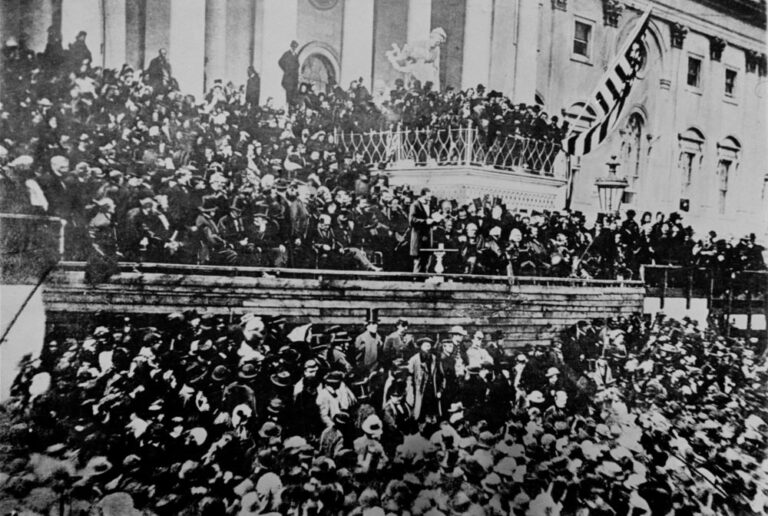
Author: Abraham Lincoln Date:1865 Annotation: Lincoln’s Second Inaugural address. On March 4, 1865, President Abraham Lincoln gave his second inaugural address. Eerily, John Wilkes Booth and other conspirators involved in his assassination attended the inauguration. In a little more…
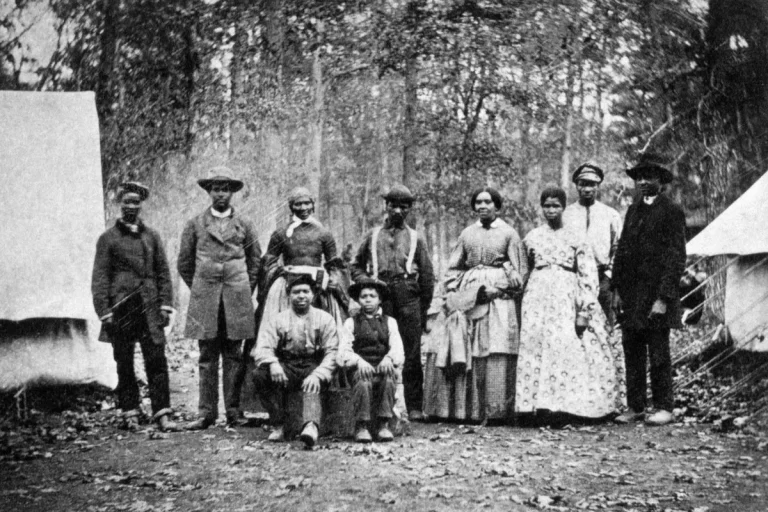
Date:1865 Annotation: Many slaves in Texas did not formally hear about freedom until June 19, 1865, when General Gordon Granger and 1800 Union troops arrived in Galveston and issued a proclamation declaring all slaves in Texas to be free. This…
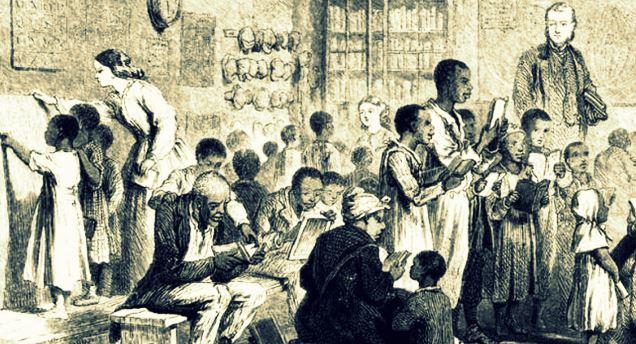
Author: Edwin H. McCaleb Date:1865 Annotation: As a result of the Civil War, the South lost a fourth of its white male population of military age, a third of its livestock, half of its farm machinery, and $2.5 billion…
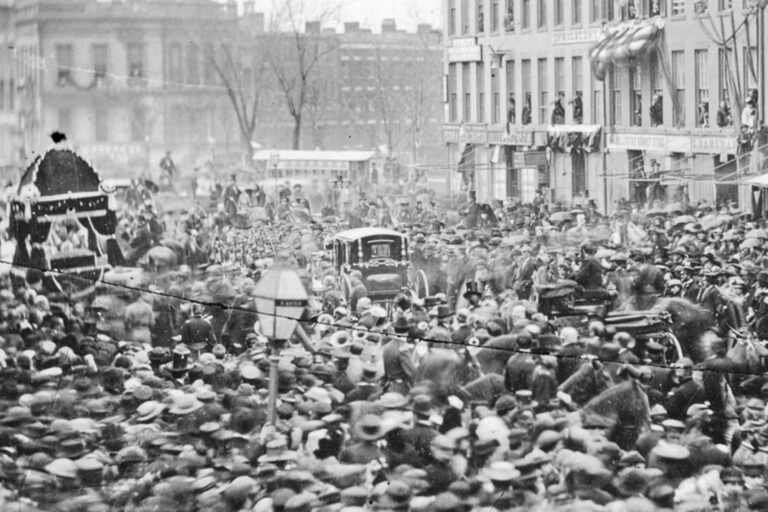
Date:1865 Annotation: Lincoln’s assassination was part of a larger plot to murder other government officials, including Vice President Andrew Johnson, Secretary of State William H. Seward, and General Ulysses S. Grant. Only Lincoln was killed. Following the assassination, Secretary of…